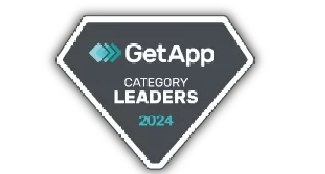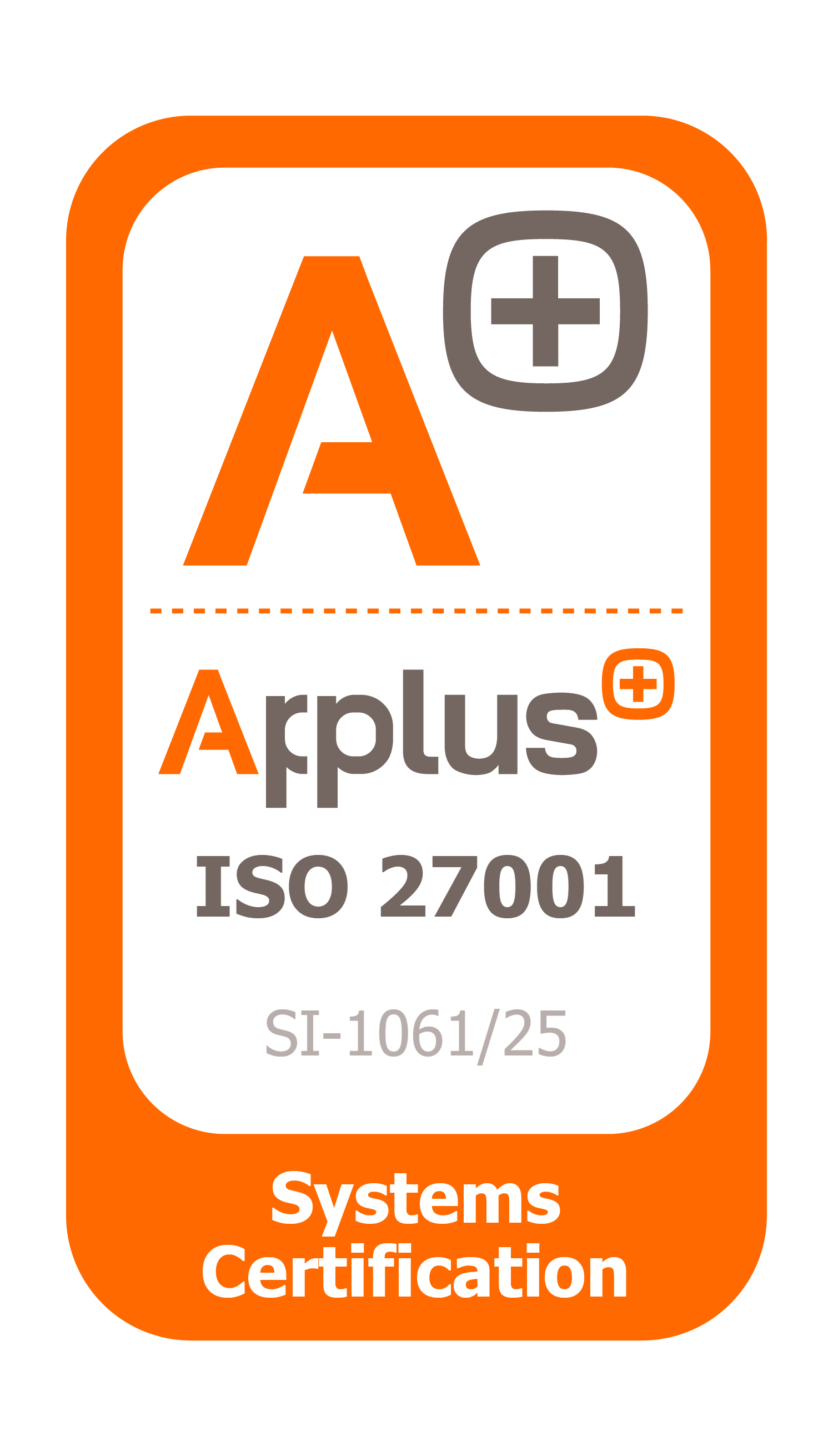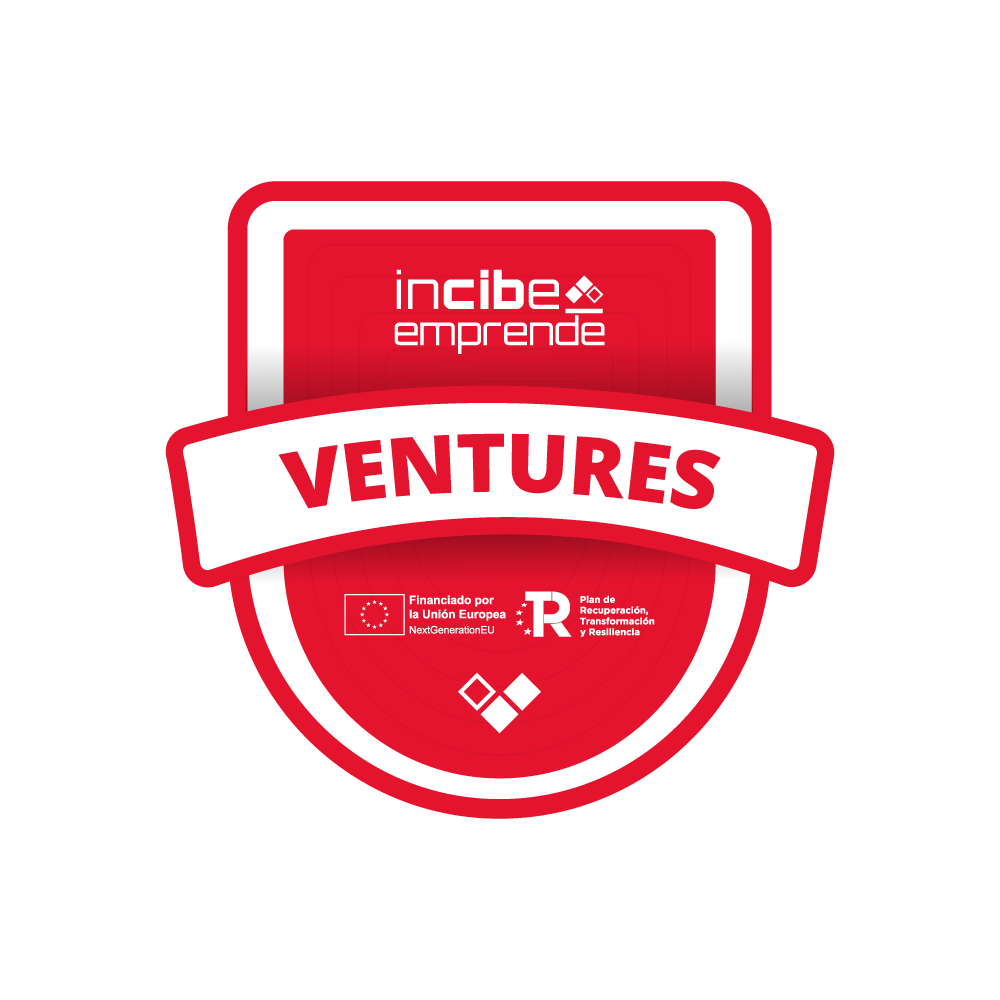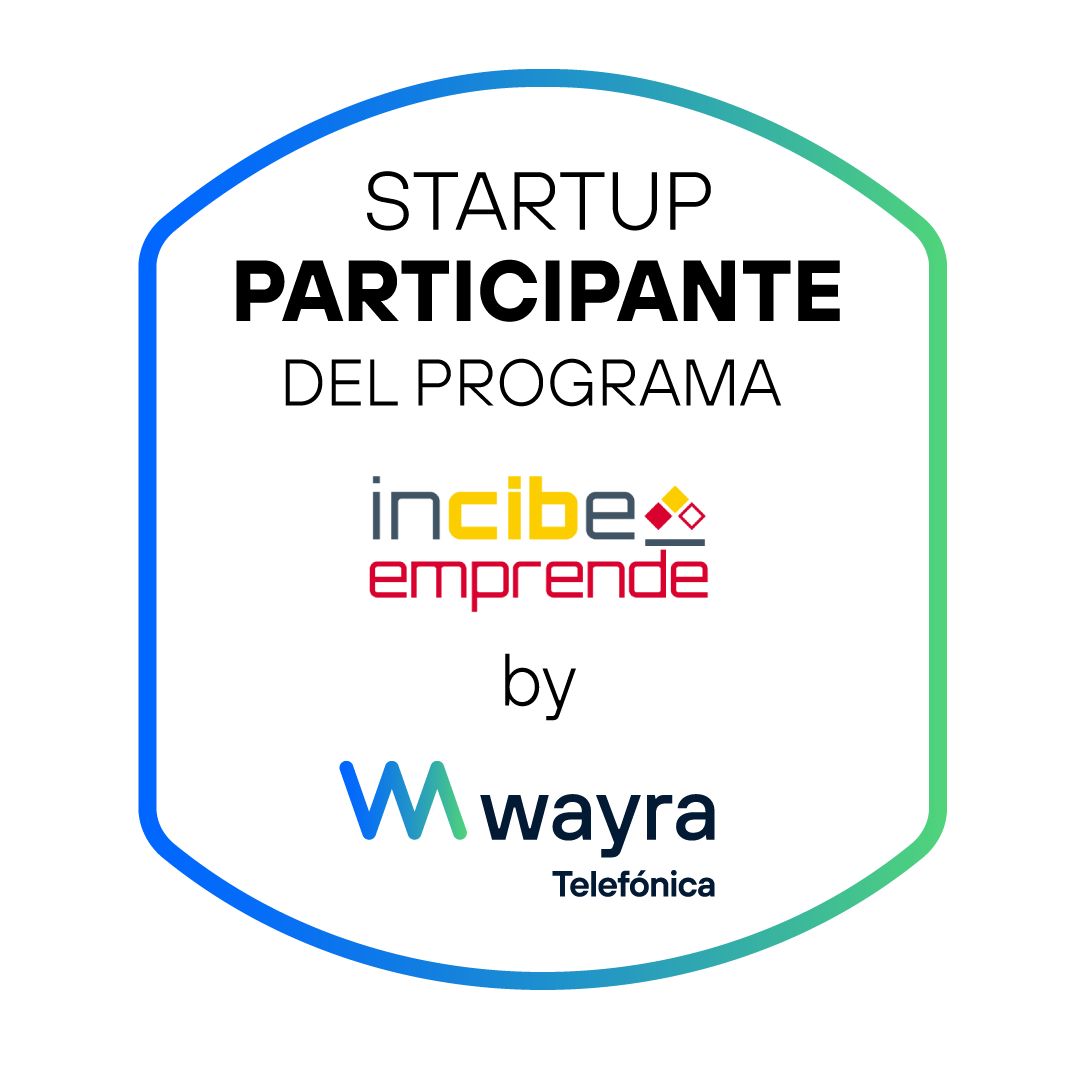Predictions for the future of work
In an increasingly digitised and changing world, Europe’s employment landscape is in the midst of an unprecedented transformation. The adoption of hybrid work, driven by rapidly evolving technology, is redefining the way businesses operate and employees perform their tasks. As we move into a future where artificial intelligence (AI) and generative AI (GenAI) play increasingly prominent roles, organisations are on a journey towards continuous adaptation and innovation.
In this in-depth analysis, we will explore the implications of hybrid work in the European context and examine the predictions issued by IDC EMEA FutureScape 2024 on the future of work in the region. In addition, we will highlight how Hybo, an end-to-end workspace management platform, is contributing to this transformation by providing organisations with the tools they need to thrive in an evolving work environment.
The emergence of hybrid work
Hybrid working, a combination of face-to-face and remote working, has emerged as a response to the changing demands of employees and the new realities imposed by the global pandemic. What was once seen as a temporary solution to maintain business continuity during times of crisis has now become an accepted norm in many European organisations. This paradigm shift has been driven by several key factors:
- Technological advances: technology, especially AI and GenAI, has played a key role in enabling hybrid working. Online collaboration tools, automation of repetitive tasks and remote access to systems and data have enabled employees to work effectively from any location.
- Flexibility and work-life balance: hybrid working offers employees greater flexibility in terms of where and when they do their work. This not only improves work-life balance, but can also increase employee satisfaction and productivity.
- Cost reduction: for businesses, hybrid working can mean a significant reduction in the costs associated with maintaining a large amount of office space and the associated operating expenses. This can be particularly relevant at a time when many companies are looking for ways to optimise their operations and improve their profitability.
- Global talent: hybrid working also expands access to global talent by removing geographical barriers. Companies can hire top talent regardless of their physical location, allowing them to build more diverse and expert teams.
IDC EMEA FutureScape 2024 Predictions
IDC EMEA FutureScape 2024 has issued a series of fascinating predictions on how work in Europe could evolve in the coming years. These predictions offer valuable insight into the emerging trends and key drivers that will shape the future of work in the region. Below, we look at these predictions in detail:
- Prediction 1: technology enhancements for personalised work experiences
According to IDC, 60% of large enterprises are expected to upgrade their hardware and software technologies to improve worker retention through personalised work experiences and enhanced collaboration by 2025. This prediction highlights the importance of adapting collaboration technologies to meet individual employee needs and foster more effective collaboration.
Visual collaboration tools, real-time transcription and enterprise data integration are just some of the technologies that are driving this transformation. Generative AI plays a crucial role in providing personalised data summaries and analytics, enabling employees to make more informed decisions and collaborate more effectively.
Hybo, with its focus on workspace management and booking, aligns perfectly with this prediction by providing organisations with a comprehensive platform that enables them to create flexible and personalised work environments. By enabling employees to book workspaces according to their individual needs, Hybo helps to improve the overall employee experience and drive more effective collaboration in the workplace.
- Prediction 2: customised technology skills development
Another key prediction from IDC is that companies will leverage customised technology skills development to drive significant productivity gains by 2026, thanks to GenAI and automation everywhere. In a work environment where technology plays an increasingly important role, technology skills development has become critical to organisational success.
Generative AI is revolutionising the way employees are trained by offering a personalised, experience-based approach. GenAI’s ability to efficiently generate code, summarise data and create multimedia content is transforming the way employees acquire new skills. This personalised approach ensures that people receive the most appropriate training, optimising efforts to increase their skills and competencies as jobs evolve.
Hybo complements this prediction by providing an agile and flexible workspace management platform. By providing a work environment that fosters collaboration and interaction between employees, Hybo contributes to creating a culture of continuous learning and professional development within organisations.
- Prediction 3: Investing in sustainable offices
IDC’s third prediction forecasts that by 2028, organisations will invest in office climate havens, using renewable and asset-based energy to defray 30% of their operating costs. This forecast reflects the growing importance of sustainability in workspace design and management.
Companies are adopting a variety of innovative technologies, such as smart building design, digital twins and robotics, to create work environments that are energy efficient and sustainable. These investments not only benefit the environment by reducing the carbon footprint of organisations, but can also have a positive impact on employee productivity and well-being.
Hybo can play a crucial role in this process by providing organisations with a comprehensive workspace management platform that allows them to optimise the use of resources and reduce their environmental footprint. By enabling organisations to monitor and manage energy use in their facilities, Hybo helps to encourage more sustainable and responsible working practices.
Conclusions and future perspectives
Hybrid work is transforming the European employment landscape, driven by technological advances, changing employee expectations and the new realities imposed by the global pandemic. IDC EMEA’s FutureScape 2024 predictions offer valuable insight into how work in Europe could evolve in the coming years, highlighting the importance of work personalisation, skills development and sustainability in office design.
In this context, Hybo emerges as a comprehensive solution for organisations looking to adapt and thrive in this new work environment. By providing a flexible, user-centric platform for workspace management, Hybo is helping organisations create work environments that are personalised, collaborative and sustainable. With hybrid working as the norm and technology as a key enabler, the future of work in Europe promises to be exciting and full of opportunities for those willing to embrace change and innovation.
Beyond reservations, create experiences
Contact us and discover everything we can do for you.












